Family photographs have always been some of our most treasured belongings, but perhaps the uncertainty of the past three years has underscored just how important they can be. At the height of the pandemic, you might remember that people lifted their spirits by recreating old family photos as part of a viral TikTok challenge.
Earlier this year, one photographer in Florida inspired people around the world by restoring her neighbors’ family photos after they were destroyed by Hurricane Ian. Recently, Photoshop even announced a new tool specifically designed to restore old family pictures.
For many of us, life’s milestones—births, graduations, weddings—are chronicled in photos. Families have trusted professional photographers and creative entrepreneurs with these moments ever since Queen Victoria helped popularize family photography in the 1860s.
Since then, the field has evolved with the times. Today, “family photography” extends to include newborn sessions, wedding photography, maternity, reunion photography, and far beyond. Whether they’re shared on social media or mounted on walls of the family home, these portraits are meant to last a lifetime. In this simple guide, we’ll share some tips for happy clients.
Get to know your clients’ style
Every client has different expectations, so touch base with the family, either in person or over video chat, to get a feel for what they want. Documentary-style portraits, where the photographer becomes a fly on the wall and captures candid moments shared between family members, have become increasingly popular in recent years. At the same time, some families might prefer more traditional, posed portrait photography.
Your client chose you for your style, but at the same time, you want to tailor your approach to suit the family. Formal portraits might be best for a group holiday card, where everyone needs to be clearly in focus, while photojournalistic, documentary-style photos might work for a “first 48 session,” made at home just after the arrival of a new baby.
Create a shot list
While talking with your freelance photography clients, start thinking about your shot list. For a formal session, this list will include poses, important combinations of people (mom and daughter, dad and grandma, and so on), and prop and wardrobe ideas. (It’s always a good idea to help your clients with clothing selection.)
It can help to collaborate with the family and introduce some classic family poses: embracing, sitting/lying in the grass, whispering in each other’s ears, and more. Some poses can even incorporate movement, such as walking hand-in-hand or playing Ring around the Rosie, for a more natural, candid feel.
For documentary shoots, your shot list will be (much) more informal, but you can still include moments or activities that are meaningful for the family; for example, preparing meals, getting ready for school, playing outside, and so on. Of course, a shot list is just a point of departure, so stay open to those magical, unplanned scenes that unfold throughout the session.
Brainstorm locations
Of course, the style of the shoot will also dictate the location: for documentary-style sessions, the client’s home is likely your best bet. For holiday mini-sessions, on the other hand, you might choose a Christmas tree farm. Ask your family if they have a specific location in mind (if you’re shooting an event, for example, they likely will).
It’s also a good idea to keep a running list of locations you use for your freelance photography business (plan ahead and make sure you have permission to shoot there!). Choose places that are unlikely to have crowds. Ideally, you can offer some variety, with natural, wide-open spaces (parks, beaches, and fields are good for larger groups) and seasonal spots (pumpkin patches, apple orchards). We suggest developing a relationship with some of your favorite locations; some might require reservations or bookings.
Watch the light
Light is everything in portraits and lifestyle photography, so plan around the conditions that will work the best. If your client hasn’t already chosen a time and location, you can suggest the golden hour just before sunset for those beautiful colors and soft lighting. You can use an app like Sun Seeker to track the sun and its direction at your location.
If the space has already been chosen by the client, it’s worth doing a location scouting trip to see what it’s like. If it’s an outdoor spot and your shoot is scheduled for mid-day, look for areas of open shade to avoid harsh, unflattering shadows—and don’t forget to bring your reflector. If you can get a reflector with a diffusion panel, even better.
If you’re working indoors, look for opportunities to use natural window light. A space with plenty of windows will create that bright and airy atmosphere, while a single smaller window can create a moodier, more intimate vibe. Sheer curtains can help diffuse window light for a softer look. You can direct your clients to the best spots to take advantage of the light as it falls across the space.
Nail that focus
When working with large groups, getting everyone in focus can be a challenge, but there are a few ways to navigate it. The first is to place everyone within the same row and focus on the person in the middle. If you have to put people in different rows, stop down your aperture (at least f8, and perhaps narrower) for a wider depth of field; from there, focus on one person in the middle row. Keep any posing super simple so everyone’s comfortable rather than wiggling around!
Tell a story
Locations and props offer the perfect opportunity to get creative and capture what’s unique about a family. If you’re shooting in a meaningful place, consider shooting wide and including plenty of foreground and background elements. If the family shares a passion (for example, sports or music), invite them to bring along some of their favorite objects to use as props. Consider using an unusual perspective, such as getting down to a kid’s or pet’s eye level. These personal touches and details are what they’ll remember, so use your creativity to honor them.
Stay positive
Our most important tip has nothing to do with how you use the camera and everything to do with how you make people feel. With so many moving parts, coordinating a family session can be stressful, but planning ahead and staying flexible will ensure everything goes smoothly. Stay positive and upbeat, and remember to go with the flow.
If something isn’t working, feel free to move on to something else. If the kids are having trouble standing still and staying focused, for example, you can have the parents pose and let the kids run around them for some sweet shots that incorporate movement. If someone needs a little extra time or encouragement, offer it. Jokes and compliments go a long way. You can’t control everything, but you can make adjustments to ensure everyone enjoys their time together.
Not on 500px yet? Sign up here to explore more impactful photography.

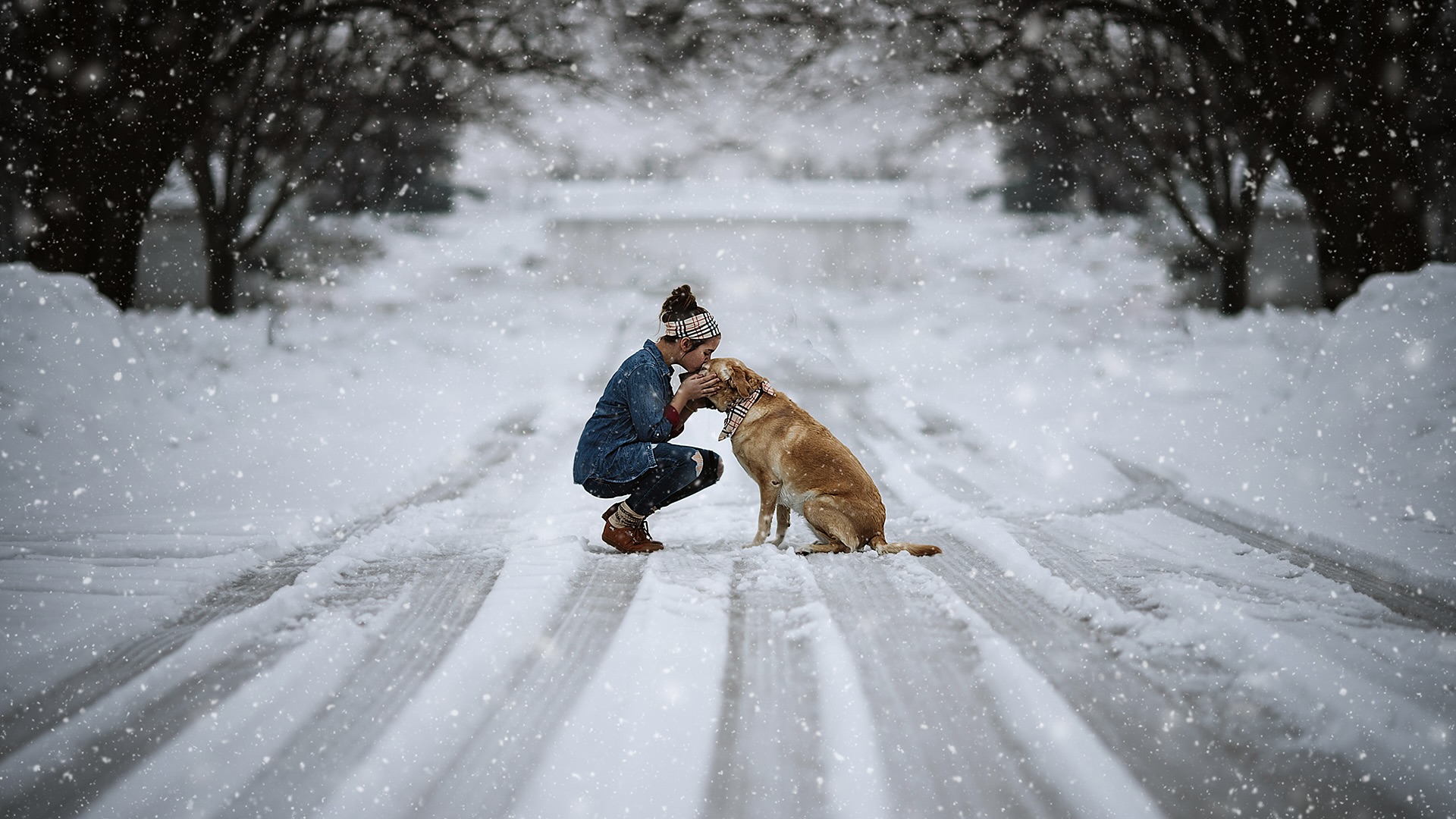
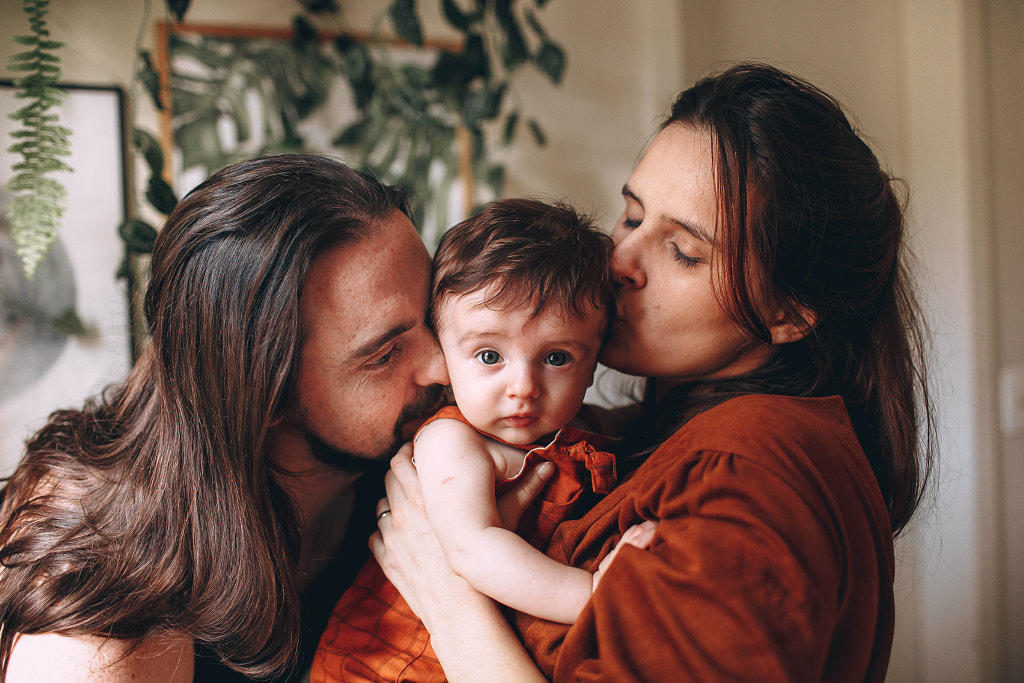
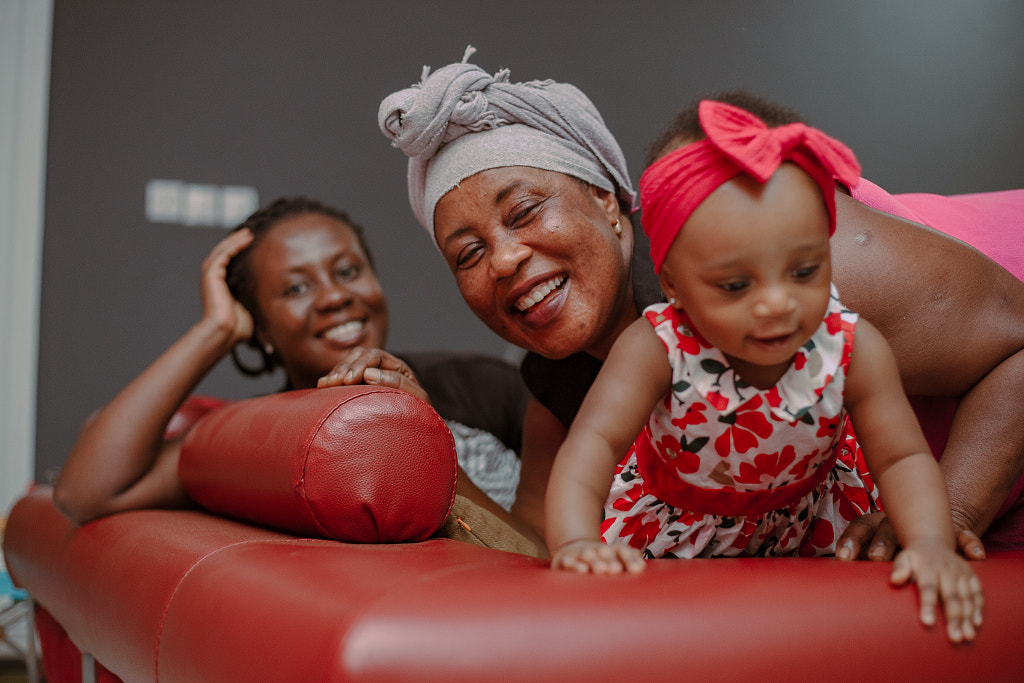

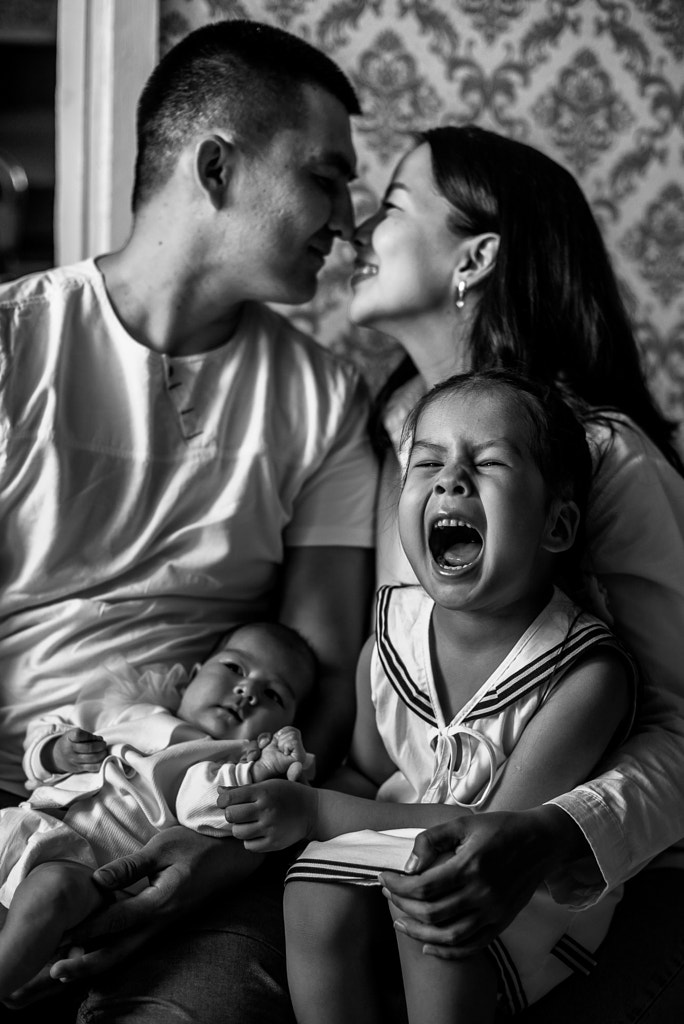
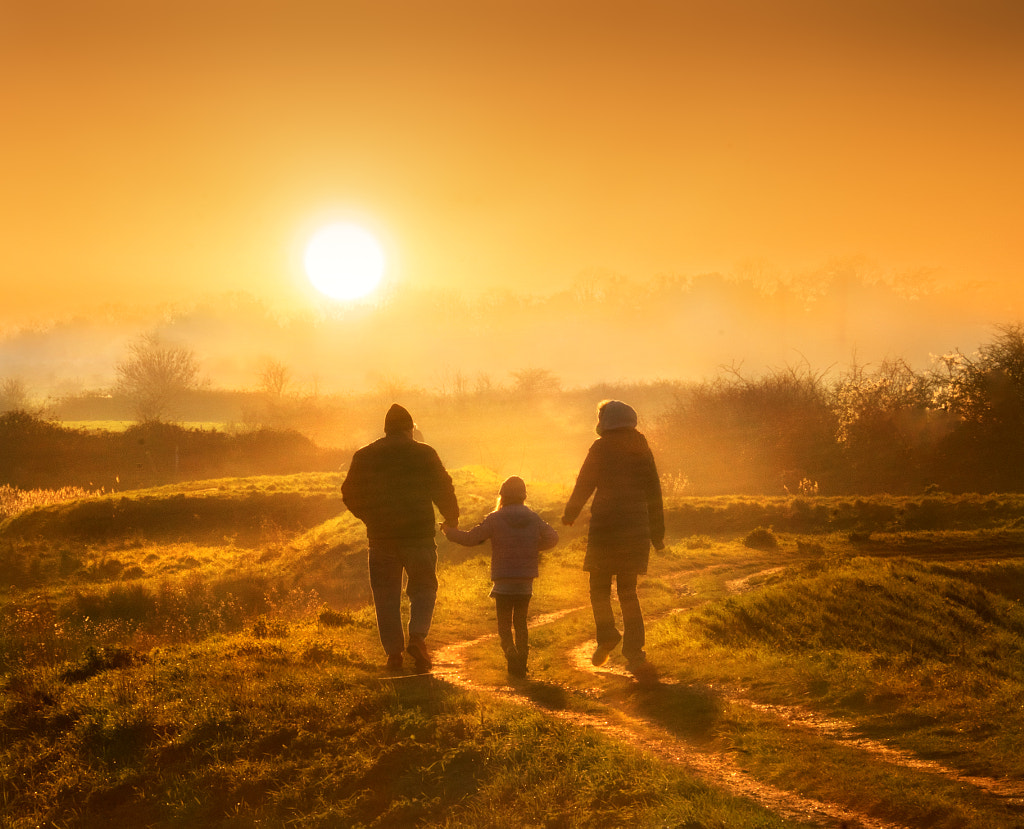
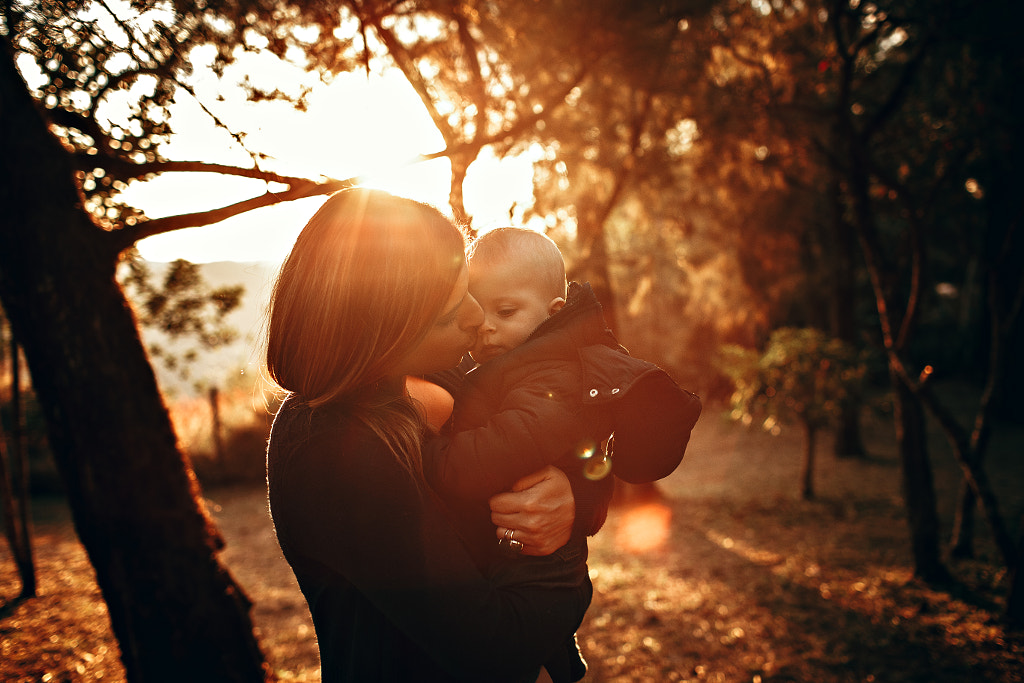
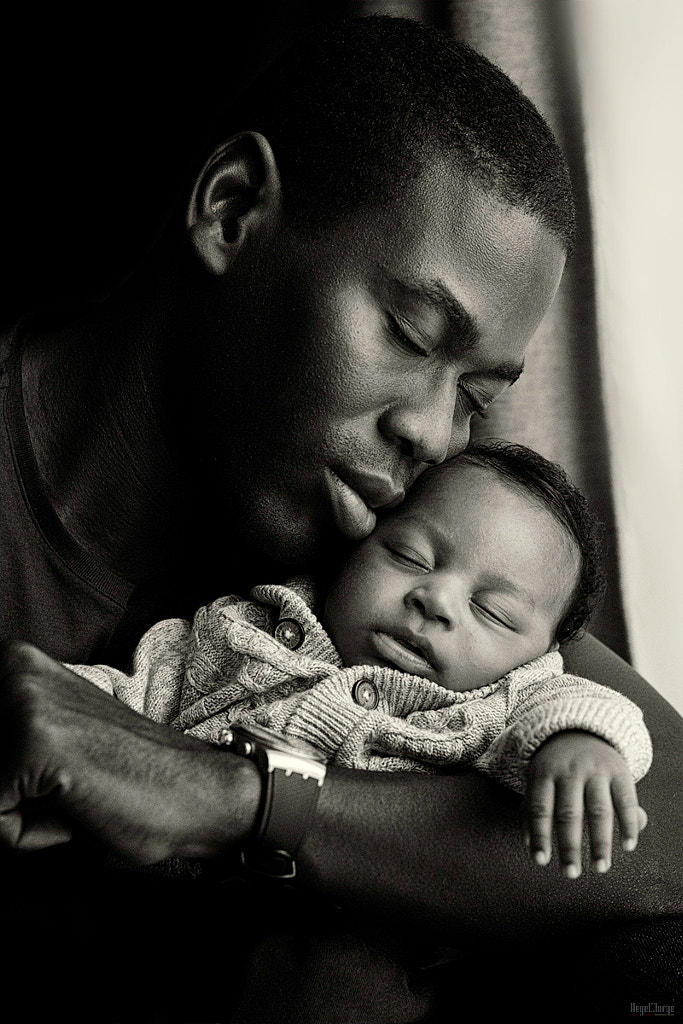
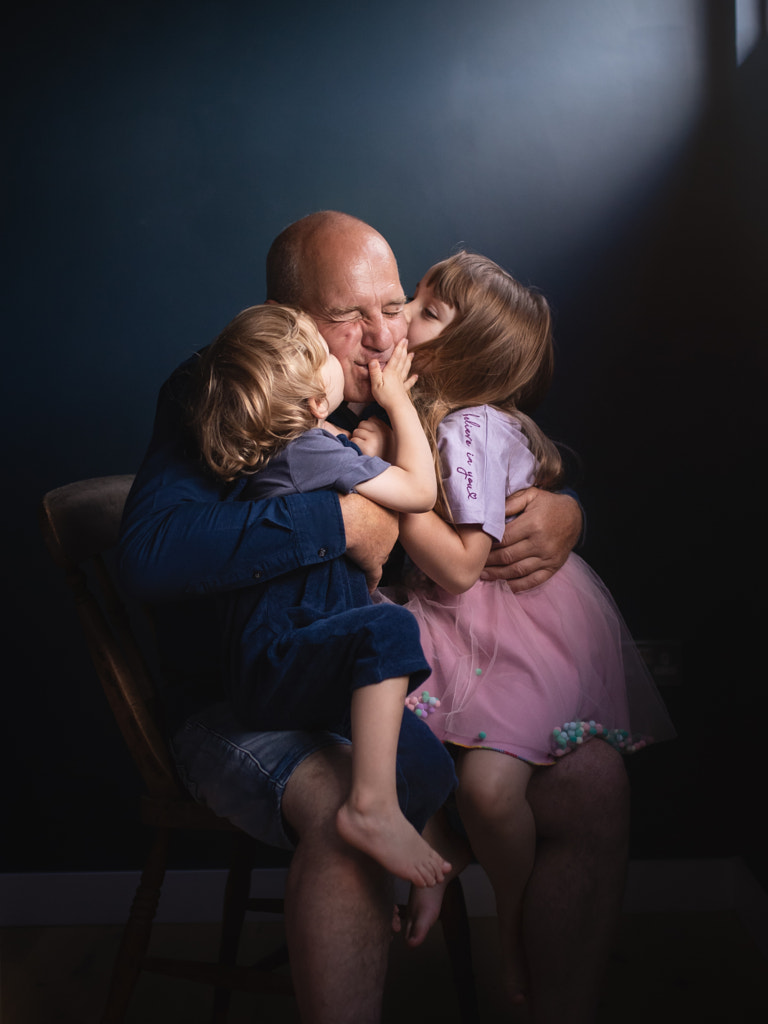
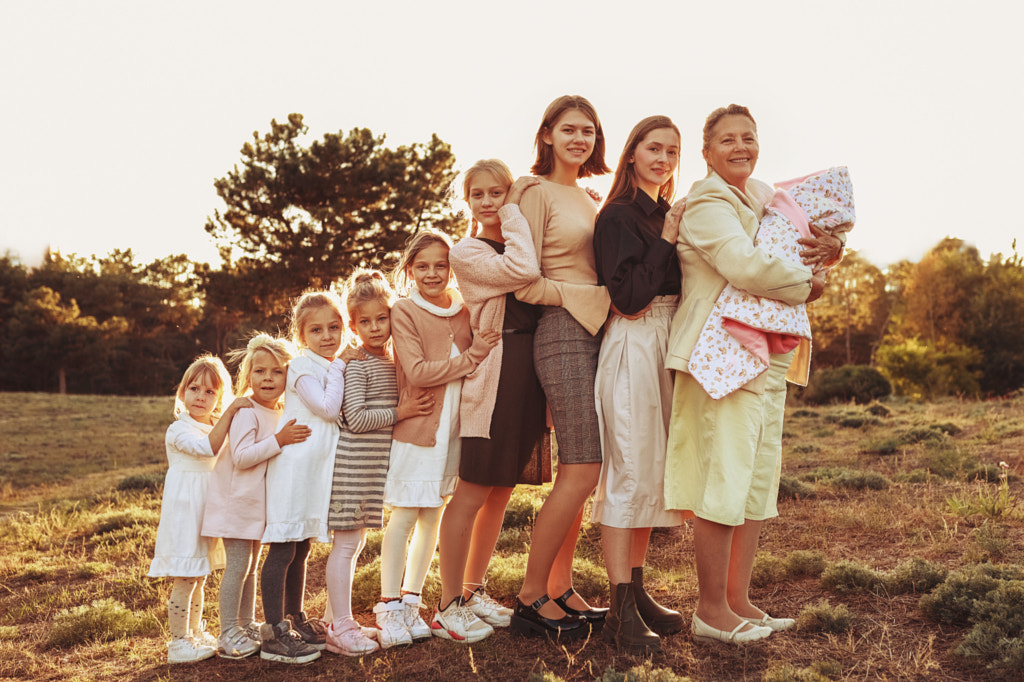
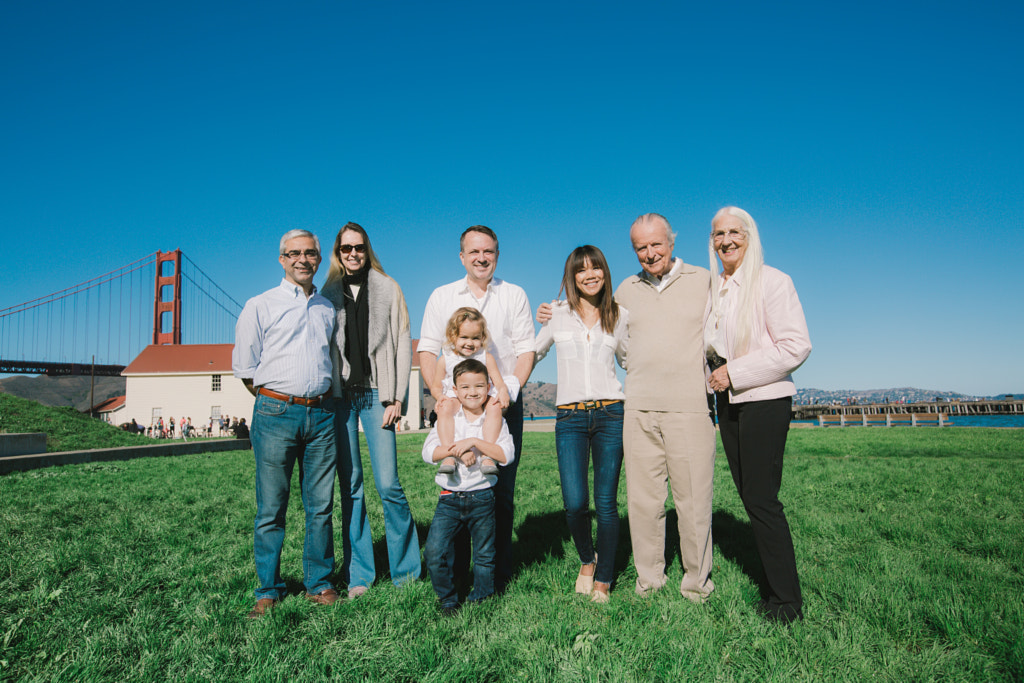
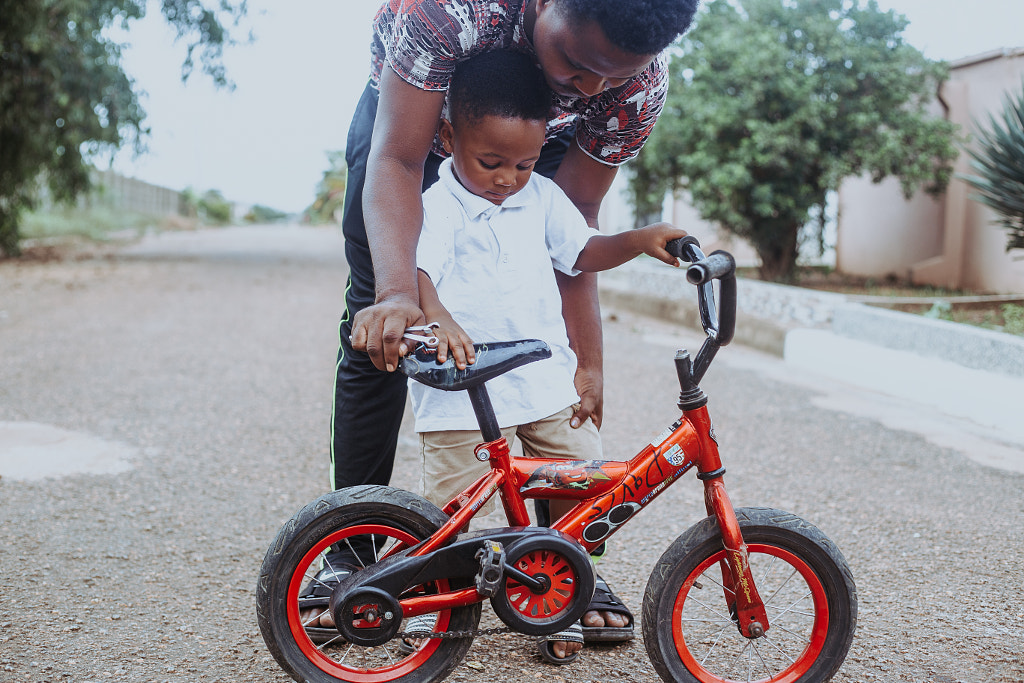
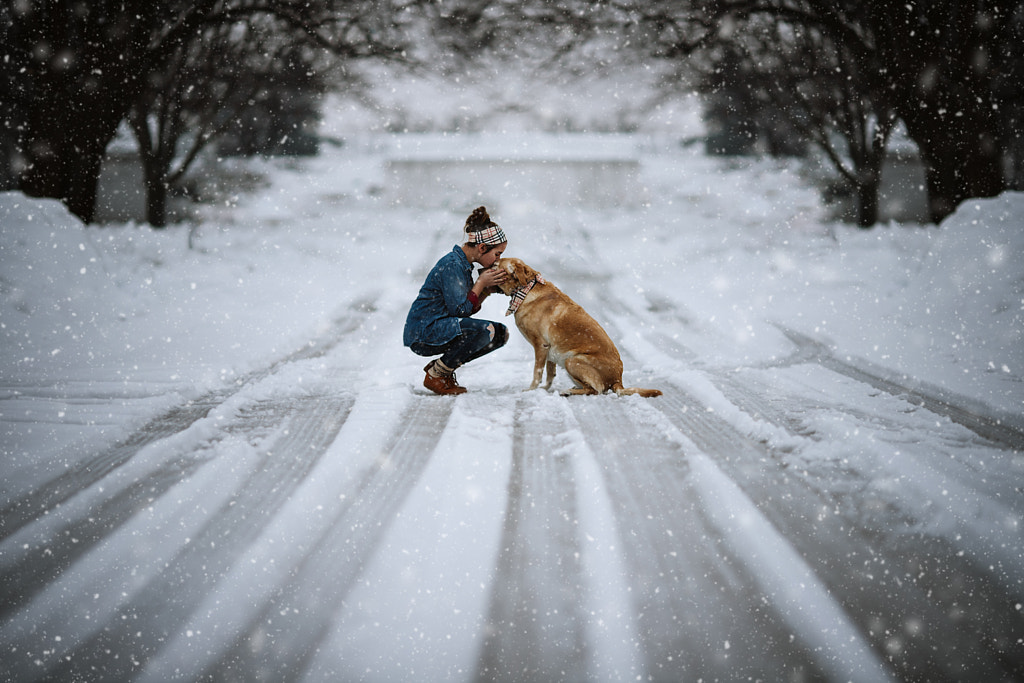





Leave a reply